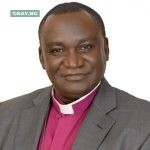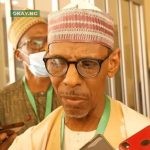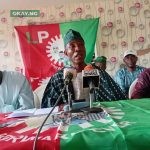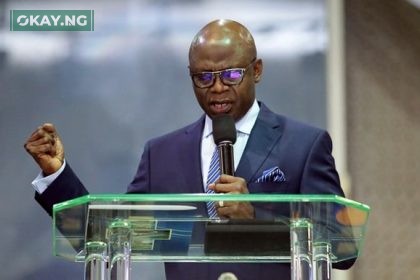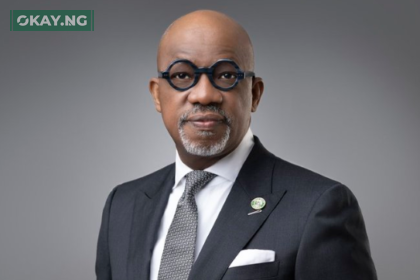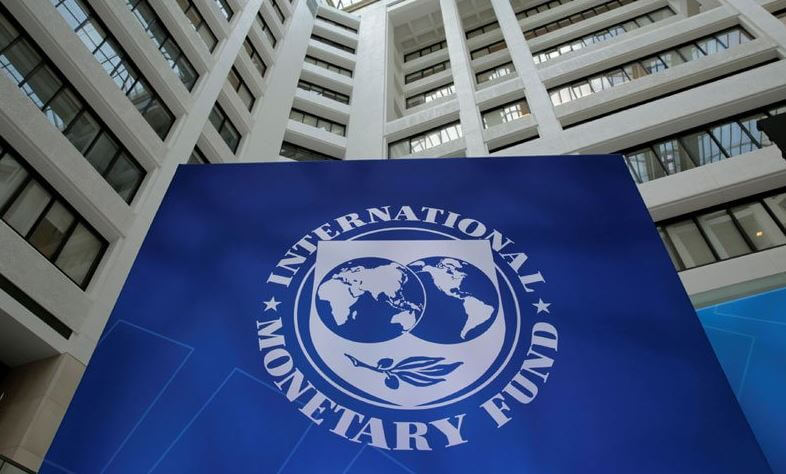A new Shiites movement, Rasulul-A’Azam Foundation, has condemned the activities of Sheikh Ibrahim El-Zakzaky’s Islamic Movement in Nigeria (IMN) and the clash with soldiers in Zaria last year, saying such action was unwarranted.
The group said the actions of the movement over years constituted security threat and are incompatible with the principles and philosophy of the Shiite origin.
Speaking yesterday at an interactive session in Kano, Secretary General of the Rasulul-A’Azam Foundation, Sheikh Sani Saleh, told journalists that Shiite movement worldwide respects constituted authority and would not violate social order.
“We have mutual understanding with the authorities and security apparatus. We respect the leadership of the country irrespective of whether Muslim or Christian leaders and we recognise and respect the laws of the land,” he stated.
Sheikh Saleh, however questioned the mass burial of members of the movement allegedly killed by the military during the Zaria clash.
He said Rasulul A’Azam Foundation is the only recognised and registered Shia organisation under the Corporate Affairs Commission, insisting that El-Zakzaky’s group has no affinity to Shia principles.
According to Saleh: “While we condemn the activities of the Islamic Movement for blocking the road, we must question the massive killings and mass burial in Kaduna.”
Meanwhile, members of the Islamic Movement in Nigeria have faulted the defence of the Nigerian Army against Amnesty International’s report on the killings and mass burial of victims of the clash between soldiers and the group in Zaria, last year.
The IMN said the Nigerian Army recently, through its spokesman, Colonel Usman Kuka Sheka, issued a statement condemning Amnesty International’s report on the alleged atrocities committed by the Nigerian Army in December 2015.
A statement Monday by the spokesperson of the Islamic group, Mallam Ibrahim Musa, said the Army accused the organisation of being biased, hasty and intruding into Nigeria’s internal affairs.
Musa said: “The Islamic Movement in Nigeria believes that what the Army ought to do is to discuss issues and not personalities. They should have addressed the facts the Amnesty Report brought forward using rigorous methodology and meticulous attention to details. They should be addressing the scores of pages containing proofs obtained after an extensive field investigation, which also contain pictures and satellite images.”
According to Musa: “By now the army should be able to tell the Nigerian public how many civilians died in Zaria. From the highest ranking officer, COAS to the Major who appeared before the Kaduna State judicial commission, they were all incoherent in their testimonies on how many people died. Why is the army economical with the truth?”




